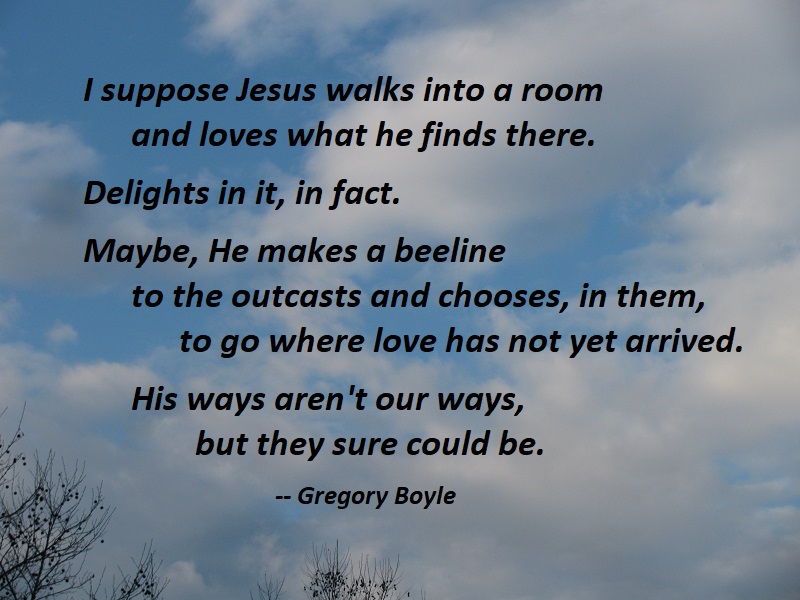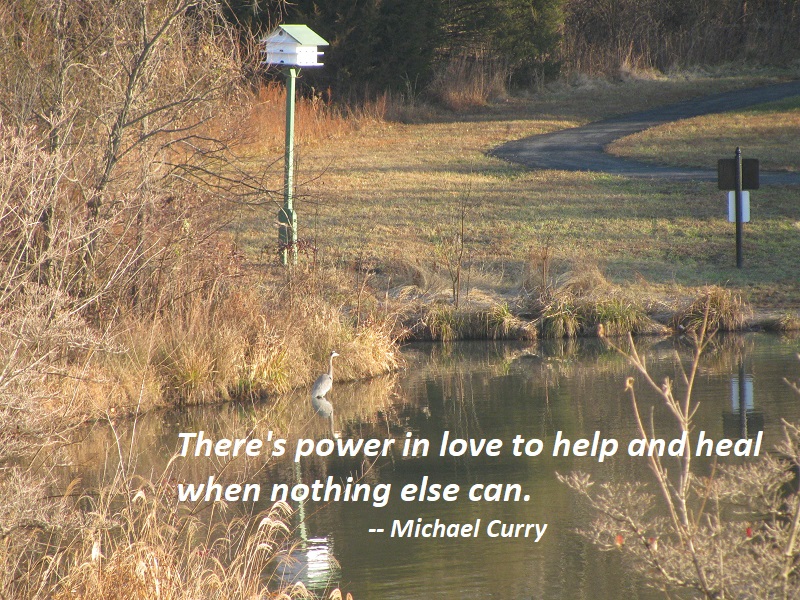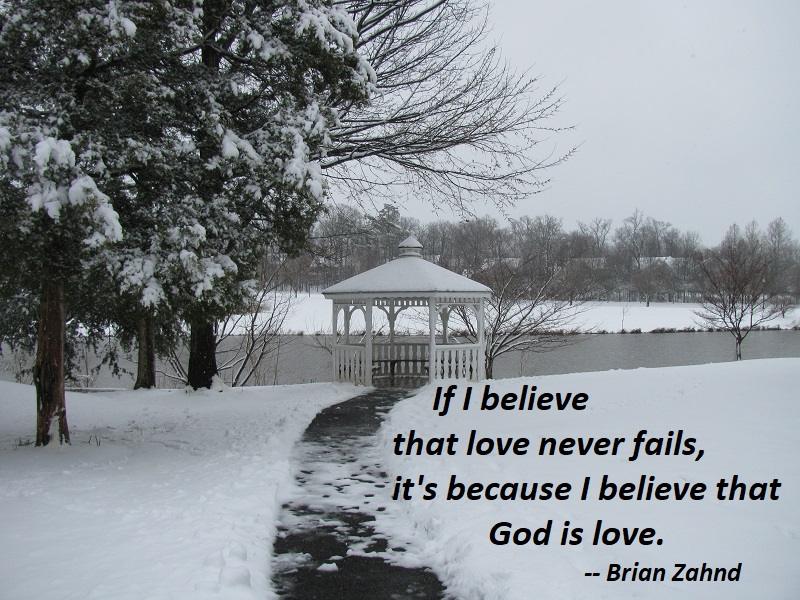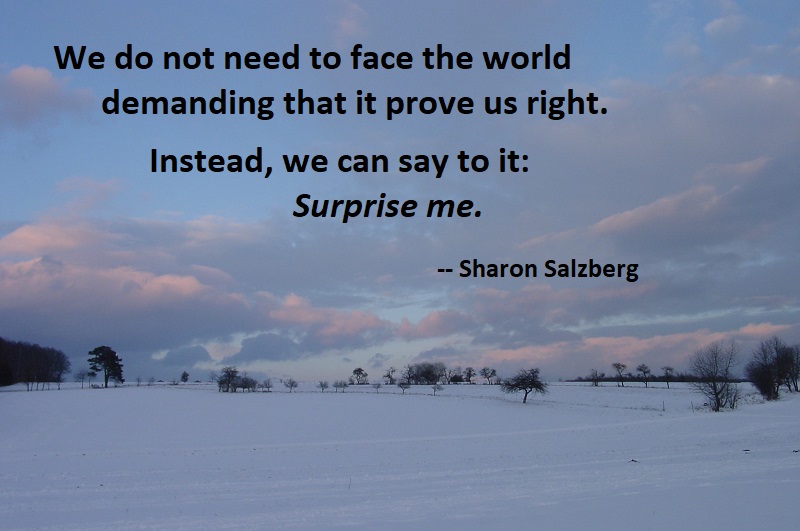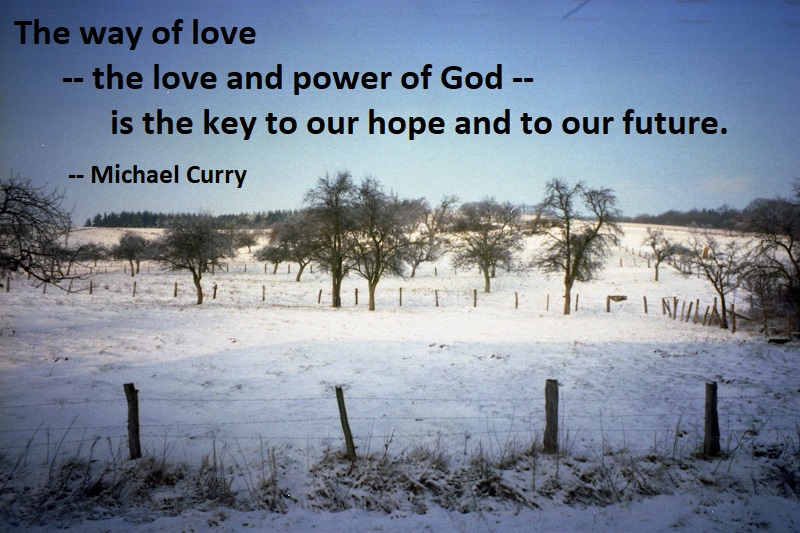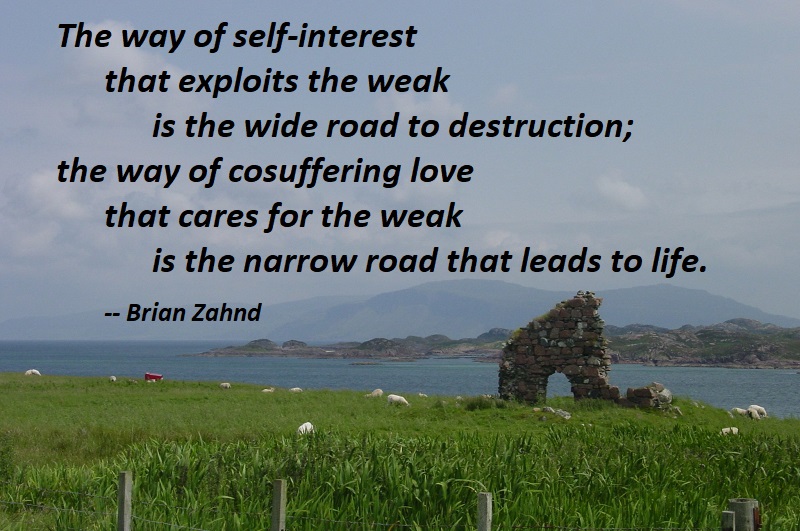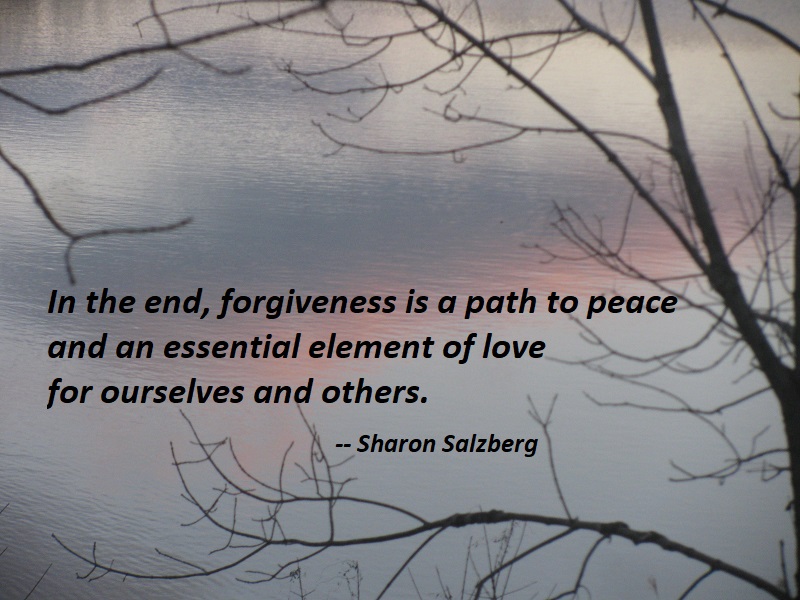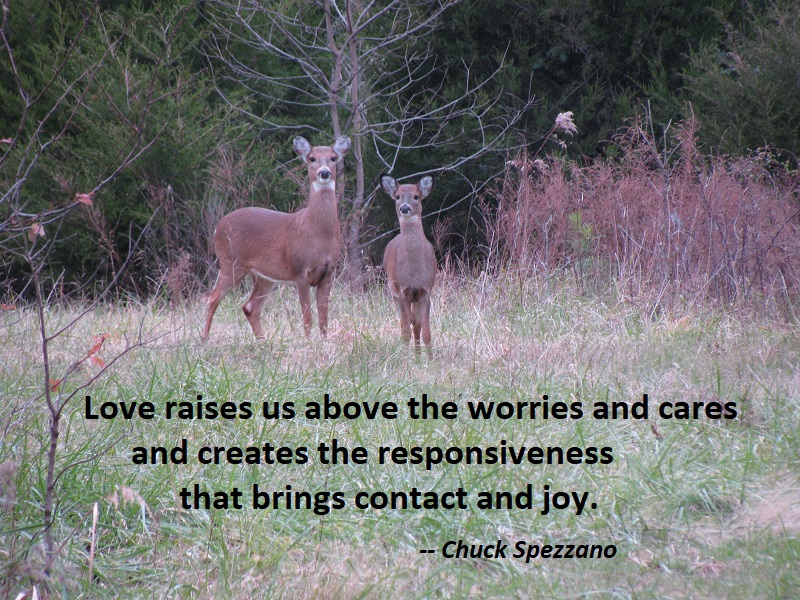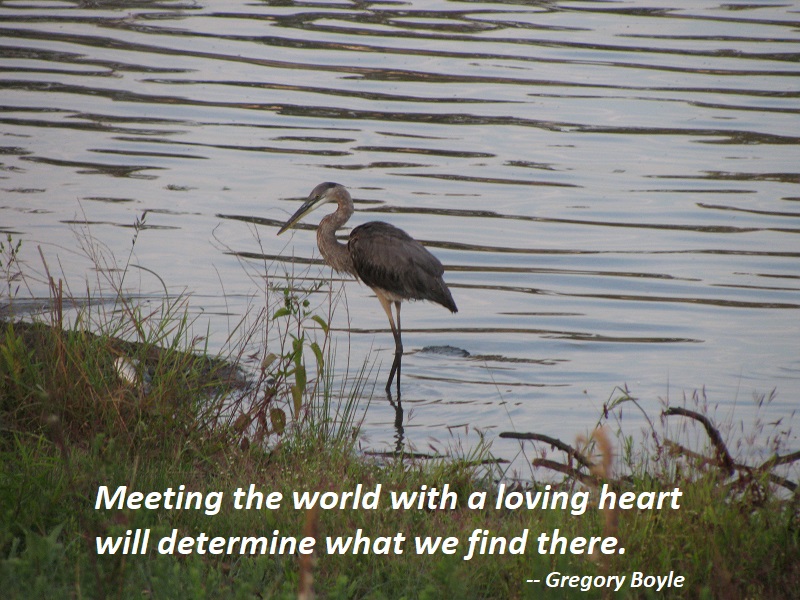Returning to the Center
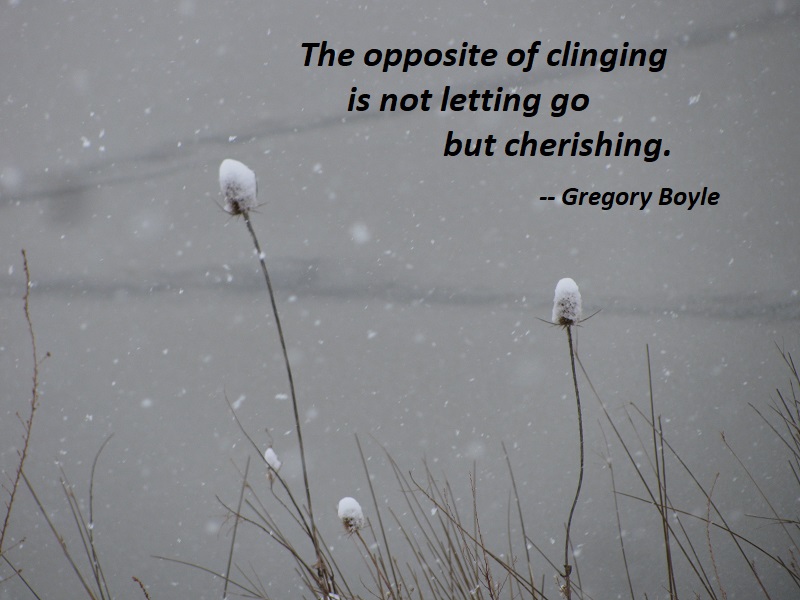
The more you take things personally, the more you suffer. You observe it, hold it up to the light, release it, and move on. One can choose to let suffering be the elevator to a heightened place of humble loving. You adjust the knot on the red string around your wrist and find your center again.
Humility returns the center of gravity to the center. It addresses the ego clinging, which supplies oxygen to our suffering. It calls for a light grasp. For the opposite of clinging is not letting go but cherishing. This is the goal of the practice of humility. That having a “light grasp” on life prepares the way for cherishing what is right in front of us.
— Gregory Boyle, Barking to the Choir, p. 105-106
Photo:Â South Riding, Virginia, January 13, 2019
